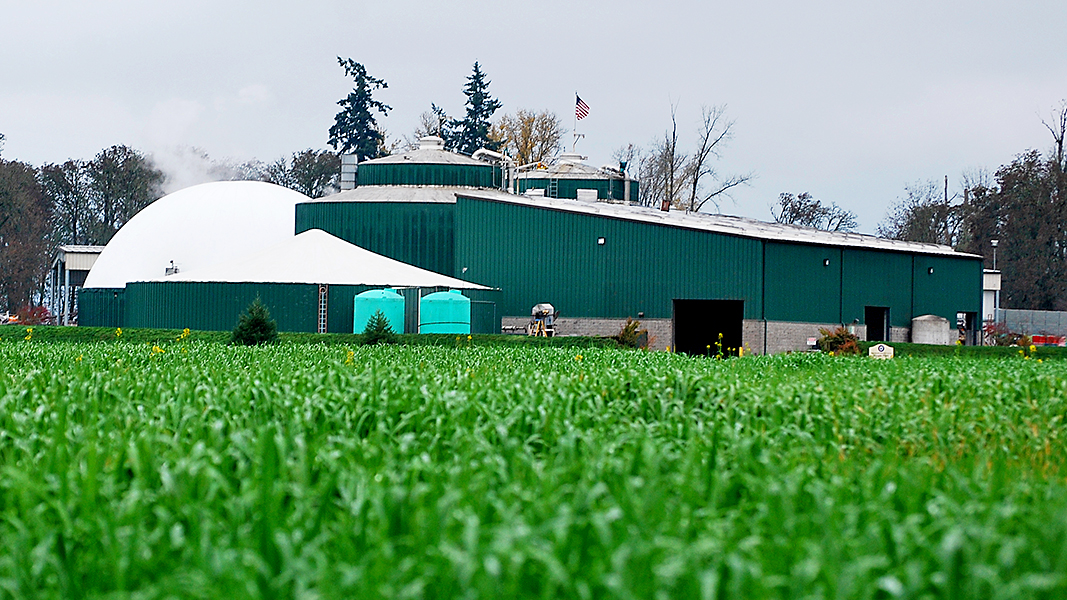The U.S. House of Representatives passed the Moving Forward Act (H.R.2) on July 1. The $1.5 trillion proposal to rebuild U.S. communities with infrastructure and innovation addresses “environmental justice, including by investing boldly in affordable housing, expanding affordable high-speed Internet to underserved rural and urban communities, and ensuring that all have access to clean water,” explained House Speaker Nancy Pelosi. “H.R. 2 makes a strong down payment on a clean energy future and solving the climate crisis, as we create millions of good-paying jobs.”
Included in the Moving Forward Act are several tax provisions that create a more equitable environment where natural market forces can work to build more biogas systems, states the American Biogas Council (ABC). “Because the biogas industry intersects with so many sectors of our economy, when the Moving Forward Act helps boost the biogas industry, it will also surge growth in agriculture, wastewater and municipal recycling infrastructure, access to more renewable energy, and more,” noted Patrick Serfass, ABC’s executive director.
In particular, the Moving Forward Act includes three tax provisions of importance to ABC members: Creation of an investment tax credit (ITC) for RNG- and heat-based biogas systems; extension of the Section 45 production tax credit (PTC), and related ITC, for electricity-biogas systems; and extension of the Alternative Fuel Excise Tax Credit for biogas and renewable natural gas used as a vehicle fuel. Furthermore, the bill also recognizes the volatility caused in tax equity markets by the coronavirus and establishes an elective payment for those entities utilizing the PTC or ITC, adds Serfass.
“Without the Moving Forward Act, the U.S. tax code only supports a sector of the biogas industry which has rarely benefited from a tax credit extended into the future which would enable developers and investors to build more new projects,” he explains. “During these times, other renewable and fossil energy technologies have often benefited from long extensions of their tax credits impacting their entire industry and accelerating growth in those sectors while making it difficult for others to obtain financing.”
Other provisions in H.R. 2 that will benefit the organics recycling and clean water sectors include:
- Protects access to safe drinking water by investing over $25 billion in the Drinking Water State Revolving Fund and other programs to ensure all communities have clean drinking water and to help remove dangerous contaminants like PFAS from local water systems.
- Invests $40 billion in new wastewater infrastructure to encourage efficiency and affordability, and helps communities address storm water needs, preventing pollution in local rivers.
- Unlocks more tax-exempt bond financing for water infrastructure projects by exempting bonds funding these projects from State allocation caps for Private Activity Bonds.
- Modernizes U.S. energy infrastructure for a clean energy future by investing more than $70 billion to transform the electric grid to accommodate more renewable energy, expand renewable energy, strengthen existing infrastructure, help develop an electric vehicle charging network, and support energy efficiency, weatherization, and Smart Communities infrastructure.
- Encourages “greening the fleet” by supporting widespread adoption of zero emission cars, vans, and buses through tax credits for purchasing vehicles, supporting zero-emission vehicle manufacturing, and deployment of publicly accessible electric vehicle charging infrastructure including in underserved communities.
Image courtesy of Stahlbush Island Farms












